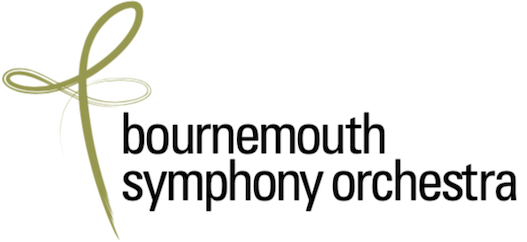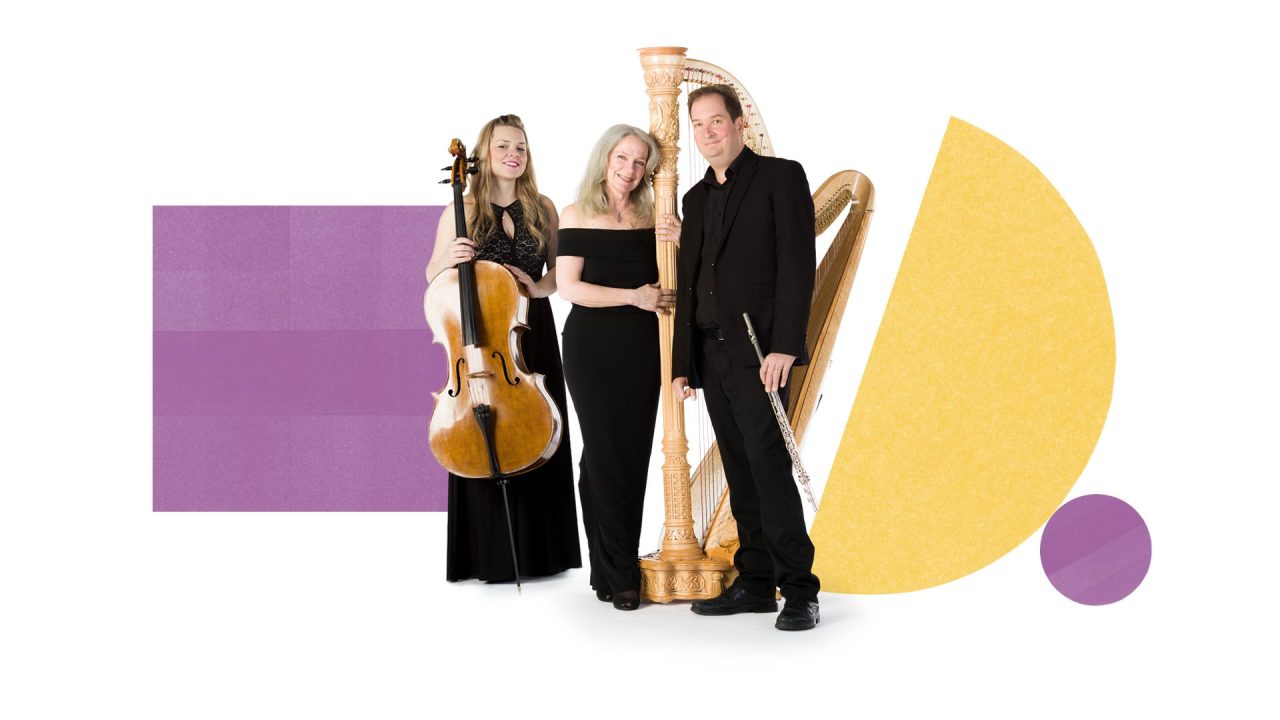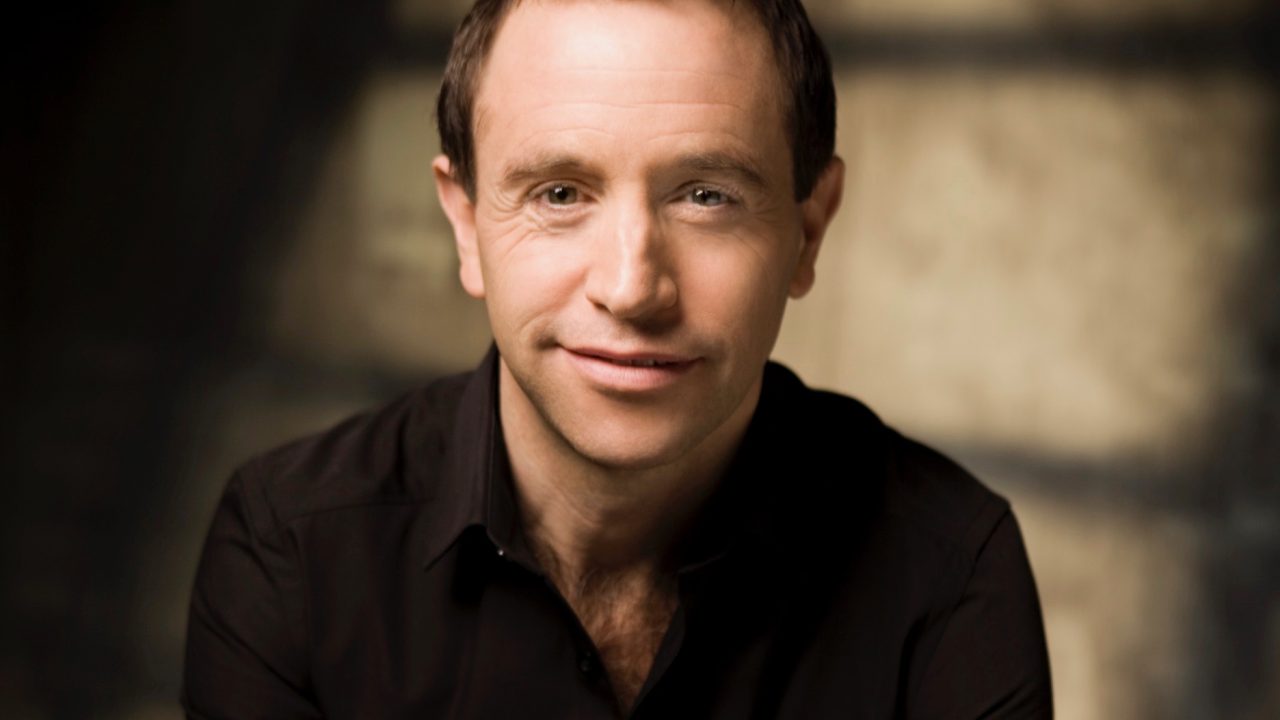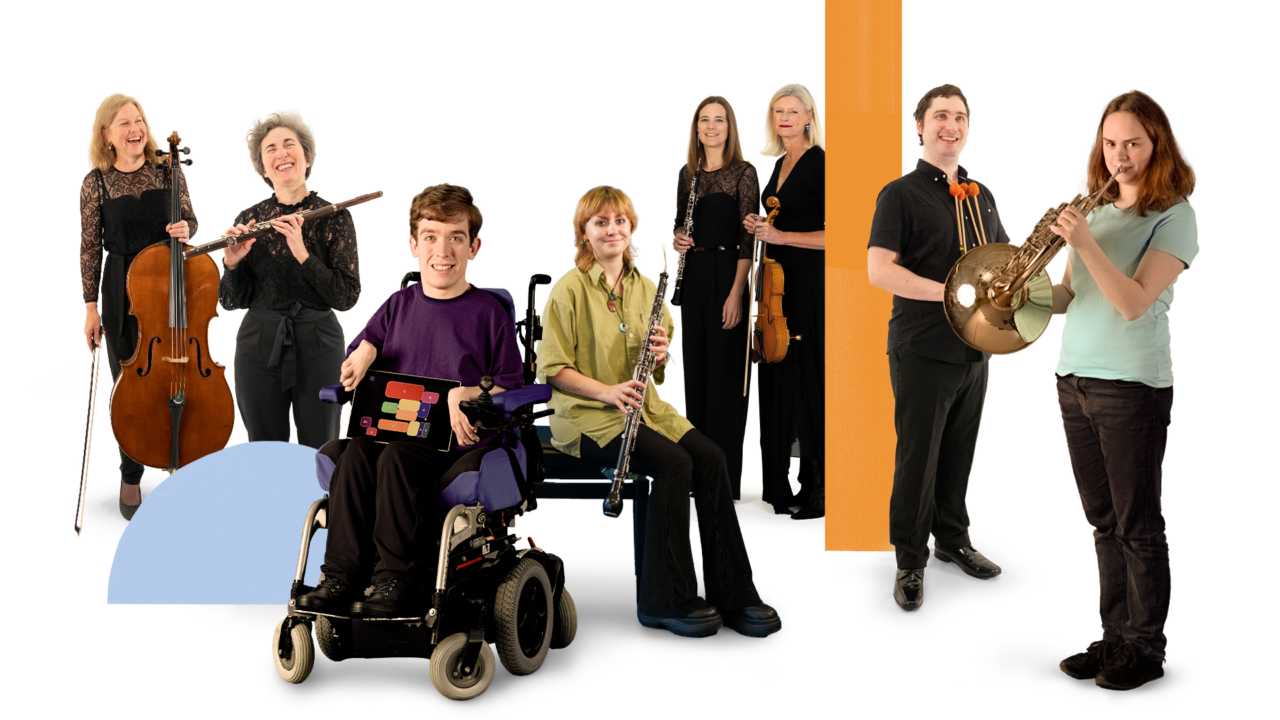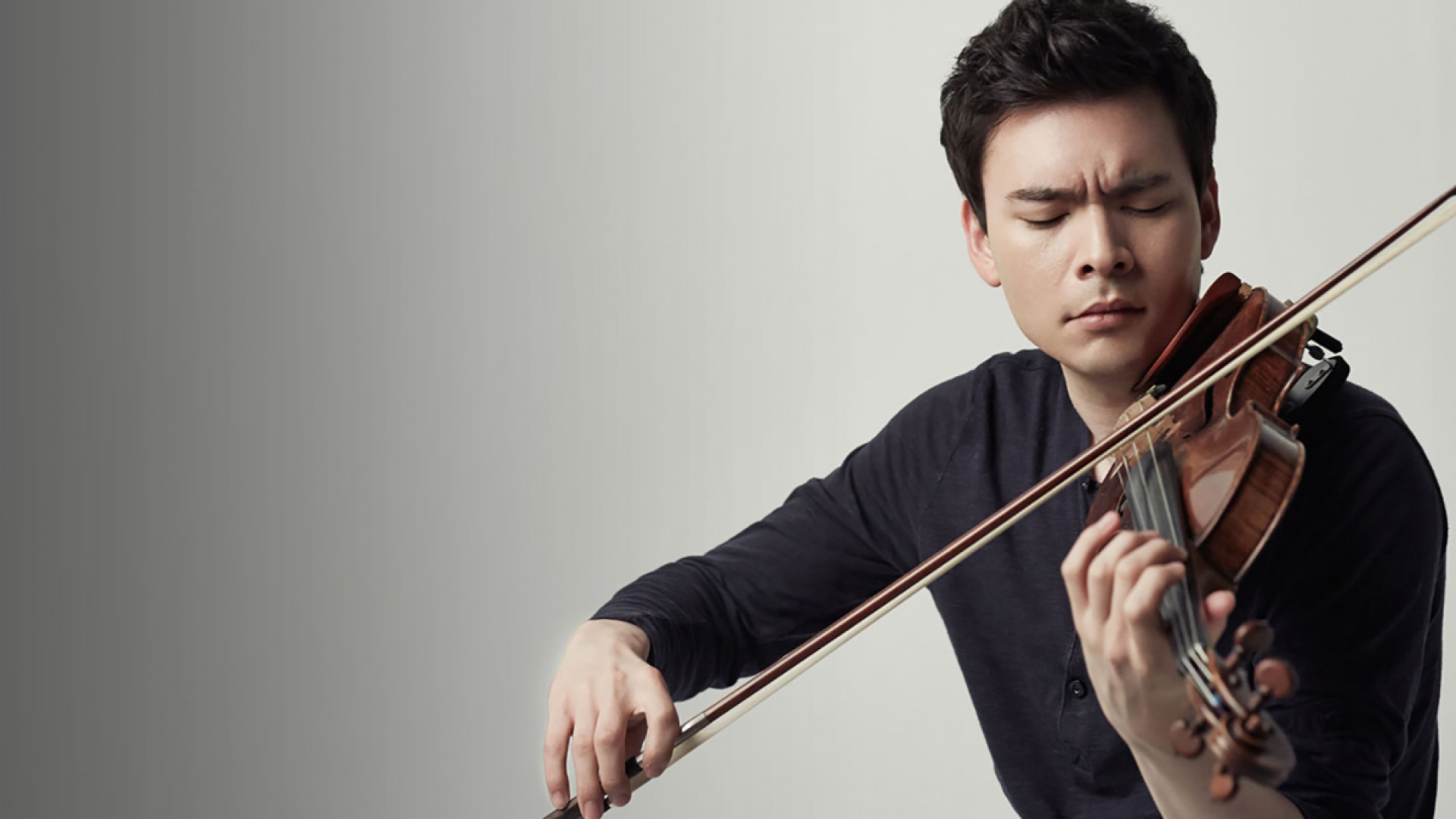Kirill Karabits explained recently to an interviewer from Bachtrack who asked about conducting Beethoven in this, the composer’s 250th anniversary year, “You have to make the orchestra vibrate, you have to make the music speak.” What greater or more rewarding challenge than to achieve this in the Symphonies of the master?
In the First Symphony, Mr Karabits showed his special way with the stirrings of nineteenth century romanticism. The Orchestra performed with it usual razor-sharp precision, but was allowed to relax in all the right places to suggest the welling depth of feeling.
This prepared the way for the heroism of the mighty Third – such a demanding piece for all the orchestra. There was no doubt in Poole Lighthouse on Wednesday that the Orchestra, indeed the whole place, vibrated and the music spoke with magnificent authority.
To complete the evening, Stravinsky’s Violin Concerto, a work from his neo-classical period, was given a similarly lively performance by the leading American soloist Stefan Jackiw, making a third visit to the Orchestra. Chirpy, sprightly, yet with dark shadows, Mr Jackiw’s performance managed transparency but substance, accompanied by the BSO, who were as animated as ever.
The BSO is off on its travels with the Beethoven elements of this concert during the next month. Together with other leading British orchestras they will perform a complete set of Beethoven symphonies over a hectic weekend first at the Barbican, London on Saturday 1st February and then on 22nd of the month at the Sage, Gateshead. The BSO contribution of the First and Third Symphonies form the bedrock of this ambitious project. Listeners in both locations will be lucky to experience the crisp, honed BSO sound and to experience Mr Karabits’ flexible, elegant approach to these great works.
